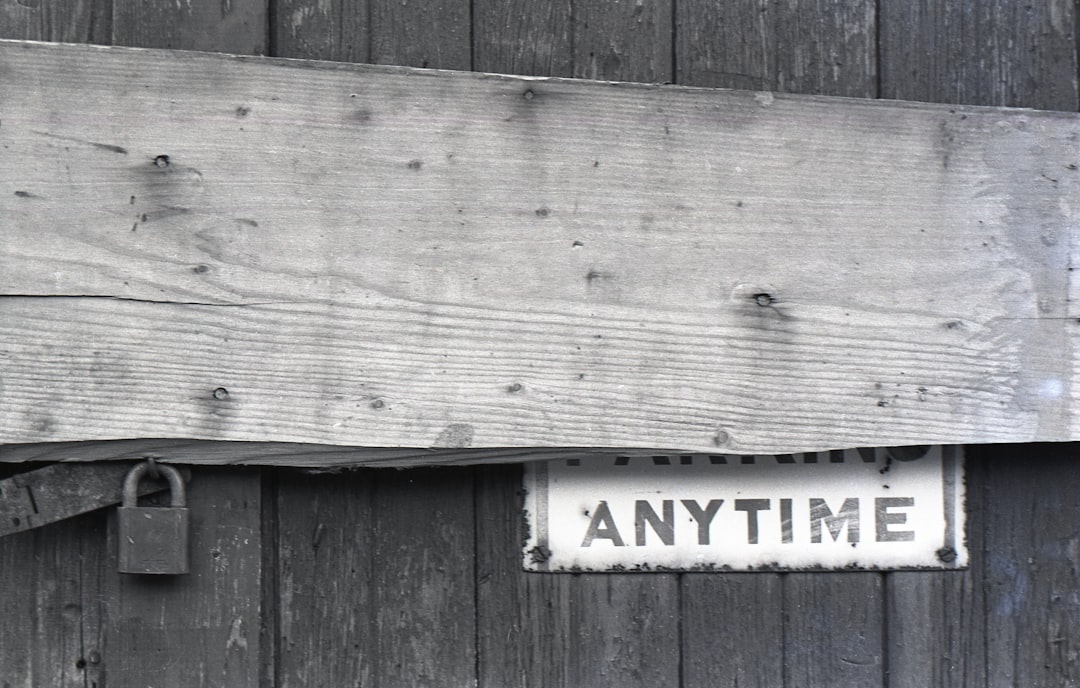The Last Imitation of February
Oh, what even a morbid imagination couldn’t have mustered just a year ago
On the final night, the applause thundered. As the audience stood in ovation and the walls shook dark cymbals, Theodore King took his final bows.
The echoes settled to sleep. The doors opened and the crowd squeezed out to the street. Crowd became clumps became individuals became passengers in cars or pedestrians in far orbits to condos or clubs.
And when the night’s footsteps shrank into obscurity, and the hiss of tires on pavement faded, Theodore King stood alone for a quiet moment with a cigarette. It glowed a small beacon in the night, painted his lungs eased.
Where to? he asked nobody.
And nobody answered. Only his own cough broke the stillness.
It didn’t matter. Some betrayals are predestined.
The harbor lights far below the theater on the hill cast a fisherman’s filament of illumination that hooked his resolve and reeled him slowly down toward the sea. His shoes struck the sidewalk’s concrete drums with muffled dark echoes as he descended.
For years, the city, the theater, his home, his sanctuary, a constant hidden inside a variable equation of uncertainty. But even constants crumble, and Theodore King breathed the night air as deeply as he was able as he walked. To embrace nocturnal his accomplished hours – and then to farewell them in contentment to their legacy.
My daughter, he said as he passed the corner of Howell, and that was all it took to make her estranged ghost jump from the shadows. My wife, he said as he crossed Boren Ave, and that was all it took to make her divorced cry call out from the sea.
Illusions brought on by the intoxication of performance and pity, but real their effects.
Theodore King, a known face, had long lived hidden among stage lights. He weaved fabrications for audiences, and imitated the month of February to make them ponder, but he carried his own discards that spoke to him in the middle of the night in rough diesel voices that idled an enduring while before they died.
He angled 8th Street southeast towards the freeway, his hands in his coat to keep them tethered to the streets. If they could, he imagined they would climb the sky and push him from a tower.
And that was not the plan.
Near Pike, an arm extended itself from the brick shadows and a voice spoke. Spare something? it asked.
Theodore King stopped. The voice attached to the arm belonged to a grizzled man.
Or was the arm attached to the voice? wondered Theodore King in an abstract way as if he were dissecting a character before the curtain rose on one of his many false faces.
He took out his wallet. Take it, he said.
The grizzled man shortgargled surprise. Are you sure? he asked.
Theodore King, who once ruled the stage and now whipped his own ailing tyrannical desire out to sea, coughed flecks into his hand before answering. I’m sure, he said.
Oh, what even a morbid imagination couldn’t have mustered just a year ago. Somewhere, chandeliers vibrated in faint overtones of flutes.
He turned right on Union and walked past the murals and parking structures. The banks lay closed and the dumpsters open. The night carried its unresponsive people on stretchers of brightly colored footwear, and conversation sprinkled the air with a shallow coating of dust.
Theodore King ignored them. As they did him. Outside the theater, he was but one more pedestrian in a world of people in a hurry to get somewhere other than where they were.
He was two blocks from the docks when a woman approached him. Hey, she said.
Theodore King shook his head. Not tonight. he said.
Got a date?
Yes, I do. He walked on.
A date, yes. It was all arranged. Tonight the night, the last show of the season. Curtain. And no curtain dropped thicker than the one of quiet accord that fell over Theodore King as he walked, neither stage left nor stage right this time, only a simple straight path to the exit.
The dock creaked of old wood. The Captain waited. Wasn’t sure you’d make it, he said.
Theodore King took a breath. The sea smell climbed into his bloody lung and left a taste of liberation. He took out an envelope from inside his coat, handled it the Captain.
Make sure she gets this, he said.
The Captain nodded, took the envelope. As agreed, he said.
They boarded the boat, an old fishing trawler with battered bulkheads. The Captain cast off, and started the engines. They coughed several times before they caught, and the phantom diesel voices that spoke to Theodore King were for a moment drowned out by the actual mechanical ones of the boat. The engines settled into their warm routine, and the boat turned from the city lights and set out to sea.
For the next hour or so, Theodore King and the Captain stood silent as the city behind them grew smaller, its light less intense, its vitality diminished. Eventually the city existed only as a faint illumination on the verge of sliding beneath the horizon, almost as if it had never been, its greatness an invention of an ill mind. The Captain cut the engines and the boat slow drifted with the current. They looked back.
Last chance, said the Captain. He meant last chance for Theodore King to change his mind, of course. Last chance to face a different kind of challenge.
Keep going, said Theodore.
The Captain nodded under the stars and ushered the diesels back to life. The boat chopped forward, and the city fell over the horizon into a topographical abyss. Theodore King stared ahead into the emptiness, calm, steady. The dark sea, their tireless host, possessed him.
— — —
Thank you Dear Reader for your support of Dynamic Creed. If you recognize the reference in the title of this piece, perhaps you too have read the plays of Eugene Ionesco, or even participated in one or two of them. Bonus points (well, they’re not really points, but hey) if you can name the play. All forward now! Go for it! Let me know in the comments.
Have I mentioned my book? It’s now available for one and all, in hardback, paperback, and electronic version. It’s up there on Amazon waiting for you. 41 stories in all.
https://www.amazon.com/Defiant-Light-Evocative-fiction-edge/dp/0990533522
Thanks again and I hope all is well at your end.
Victor David
And a taste of the archives. Don’t let them go stale.









Full of life. Only when onstage.
Gracias por esta historia, afrontar una enfermedad es un tema sensible para mí. Comprender la decisión del personaje fue difícil...